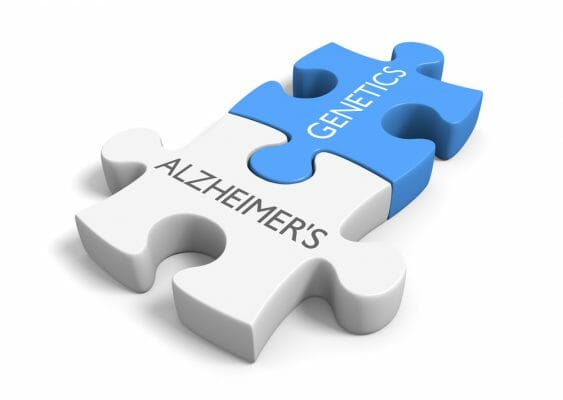According to a University of California Berkeley review, senior citizens can lose the ability to get deep rest at night. One reason is sleep fragmentation, which happens to be linked to many medical conditions including dementia and depression. Often, individuals with fragmented sleep wake several times during the course of the night, missing out on the deeper sleep stages.
In some cases, poor sleep can contribute to disease. Dementia can often cause sleep problems, and in turn the lack of quality sleep negatively affects memory and other cognitive skills. According to sleep researcher Joe Winer, deep sleep assists in clearing the brain of amyloid-beta proteins that build up in dementia patients. So with dementia in particular, the relationship between the disease state and sleep becomes a vicious cycle for the individual afflicted.
While these cycles may be present in other diseases as well, some shifts in sleep as we age are very normal. In general, seniors tend to sleep slightly less as they age and that can be okay. Researchers are careful to not create a panic over older people sleeping a little less. However, it is important for people to understand that sleep, exercise, and a healthy diet are all important factors to consider as we age. Exercise actually contributes to overall health and supports good quality sleep. Overall, sleep is a key contributing factor to aging successfully.
You would think it would get easier to sleep as you get older. #HealthStatus
Follow HealthStatus
Tweet Now
Key Points:
- 1As age progresses some people see that sleep patterns shift.
- 2Having these changes in sleep patterns can lead a door open to all types of diseases.
- 3This can be impproved with such activities as physical fitness and socializing throughout the conscious day.
See the original at: https://medlineplus.gov/news/fullstory_164477.html








Reply